Movies With Mumsie
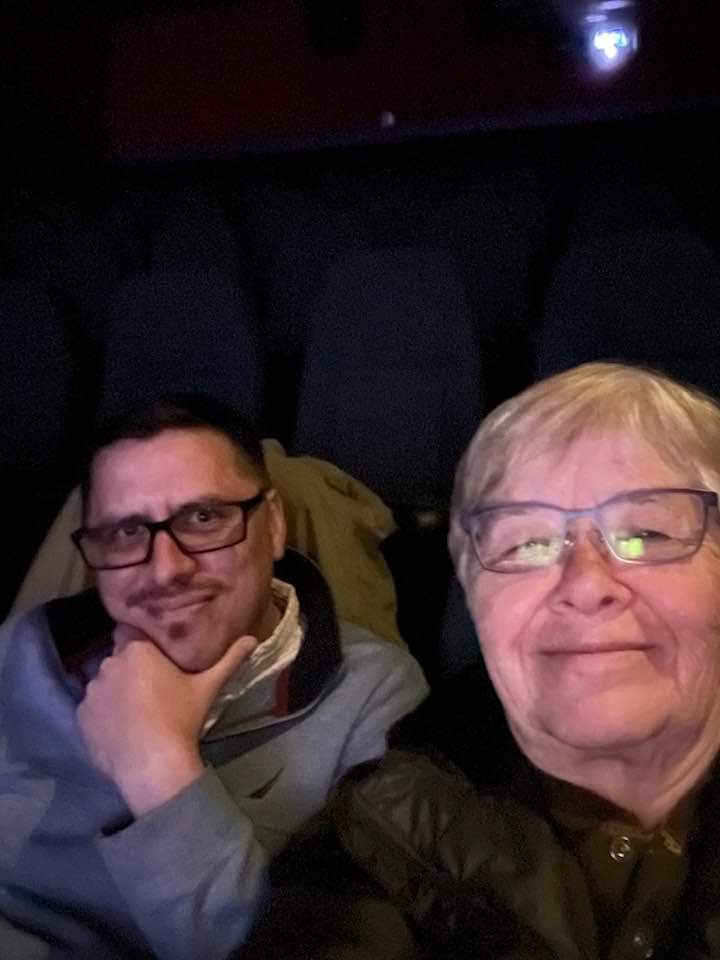
Just because my mother was in town doesn't mean I would cut back on my film diet. Quite the opposite, we watched something every night. Start your hopefully shortened work week off with a film diary of everything we took in. Some of these will get more in-depth treatment later on, others will get brief reviews right here, right now.
My mother grew up on classic Hollywood, and whenever she comes to visit we invariably watch a bunch of movies together. There's some negotiation that goes on—she doesn't go for anything that's too dark or violent, and I'm allergic to sentimentality—but she has steered me well. During her visit last week we made time for a mix of Oscar hopefuls, obscurities, arts programming, and classics.
Saturday
The Zone of Interest
(2023, dir. Jonathan Glazer)
This was the one thing on the entire visit that we had planned. Mum arrived a little after 4pm after a day of driving, and the first thing we did was see a movie about Auschwitz commandant Rudolf Höss and his wife refusing to face the truth of what he is doing literally next door to their dream home, even as evidence of it constantly leaks into their lives. It's a more intellectualized approach to the Holocaust, where the horrors are all implied, but one where the moral outrage is as sickening as anything that could be shown. Some critics have not cared for this pointedly bloodless approach, but (spoiler alert) I loved it, not least because for how it subtly links the crimes of the Holocaust with other genocidal episodes before and after.
Sunday
Origin
(2023, dir. Ava DuVernay)
This movie also links the Nazis with other regimes, but much less gracefully. Mom was interested in seeing it, as was I, though for decidely different reasons. I had already gotten wind of its divisive reaction and spoiled myself on its more contentious aspects. If nothing else I had to see and judge it for myself. As an adaptation of Isabel Wilkerson's study of caste hierarchy systems, Caste: The Origins of Our Discontents, the film could have been a documentary or a hyperlinked drama, but instead it takes the least interesting part of the thesis, of any thesis—research, literally homework—and refashions the process of it into a series of dry Socratic dialogues, in and about America, Germany, and India. These are occasionally interrupted by flashes of the history they deal with, which at least has active drama but also occasionally veers into tastelessness. The movie doesn't trust its self-selecting audience of white liberals to draw the "right" conclusion, so it serves it to them on a platter with a bag of Skittles. Its central thesis moreover is unconvincing, sacrificing specificity for a broad and vague theoretical framework.
Monday
This Is Not a Burial, It's a Resurrection
(2019, dir. Lemohang Jeremiah Mosese)
Here's a prime example of the power of specificity in storytelling. A Lesotho drama by Lemohang Jeremiah Mosese, directing his first feature film and billed as the first feature from from a Mosotho filmmaker, it makes quite the impression. My local indie theater was showing this as part of their monthly art house series. Mom is willing to be adventurous with her cinemagoing, so this was a good curveball.
The film deals with old widow Mantoa (Mary Twala Mhlongo), who has lost her son, the last of her family. With no faith in God left and nothing else to live for she begins to prepare for her own death. Before that can happen word reaches her village that the national government is relocating them in order to flood the valley for the construction of a new dam. That her home and ancestors (and herself) should be washed away is unacceptable, and so Mantoa mounts resistance to the relocation, less out of choice than imperative, one more loose end to tie up before the end. It's a compelling story on its own, but what gives the movie its otherworldly, hypnotic energy is its framing, beginning in a dingy club lit with feverish yellow and purple lighting, with an unnamed narrator (Jerry Mofokeng Wa Makhetha) unfolding the tale like an oral tradition between breaths on his lesiba instrument.
The ensuing movie retains that air of myth and legend. The low, rumbling hum of the sound design makes music a part of the world, while the images use rich colors (this has some of the most stunning blues I've ever seen) and long camera takes with minimal dialogue. Yet there is too a documentary quality to how it captures the details of village life, whose endangerment within the film and without (Mosese said while promoting the film that his family was relocated when he was a child and that his grandmother was in the process of it) makes it critical to both the story at hand and indigenous culture at large. Embodying both these earthy and heightened qualities is actress Mhlongo, 78 at the time of filming (she passed away in 2020), whose small stature belies her tremendous presence and whose taut, wizened face is what motion picture cameras were invented to capture.
It's a little rough around the edges in terms of pacing and focus, but it's also not really trying to be a tight experience. The storytelling is less Poetics and more poetry. It is its own thing, and well worth seeking out. I'm really glad to have seen it in a theater, and to have been introduced to it at all. It's available on Amazon Prime, but the algorithm would not likely have ever suggested it. That's the power of curation.
Tuesday
Private Screenings: Robert Osborne
Curation was at the heart our next watch. Mom is an avid TCM viewer—she has so many old movies saved on Direct TV for me to watch—and she wanted me to see this interview between Osborne and (pre-alleged-involuntary-manslaughter) Alec Baldwin, done in the fashion of Osborne's Private Screenings series of interviews with Old Hollywood royalty. The show accidentally highlights a challenge that TCM would face even if it weren't being stripped for parts by David Zaslav: a big part of the initial appeal was not just classic movies but stars like Betty Hutton and Robert Mitchum, many of whom especially in the early going Osborne had known from his time as an industry trades journalist. These were stars from the 30s, 40s, and 50s who were mostly retired or had been out of the public eye, and so both audience and actor benefited from them coming on to open up about their old films. That generation has passed on, and a lot of the movies and stars from later eras like the 70s—The Godfather, Star Wars, Jaws, Taxi Driver—have never left the spotlight, and its actors and filmmakers remain active even today. TCM can't be what it was without the old guard and Osborne and his connections to them, which isn't to say there's no need from it. Far from it, Zaslav's cultural vandalism and its backlash has shown there is both a need and demand for institutions that preserve history and make it accessible to the public. It's hard to see that happening while it's still under stewardship by a company that views film history as grist for the streaming era's eternal present.
Wednesday
The Teacher's Lounge
(2023, dir. İlker Çatak)
There are benefits to topical programming, though—I'm pretty sure the only reason this movie made it to my theater was because of its Best Foreign Film Oscar nod, and we certainly weren't going to pass it up. (Though it seems everyone else did; the photo up top is from our otherwise empty screening.) It's a great little thriller, about a 6th grade teacher who makes an accusation of theft that tears apart the school community of faculty, students, and parents. It straddles the line by having stakes that are seemingly low—the thefts include petty cash and pencils—but have deeper implications. The students are all beginning to leave childhood behind and learn about the world of adults, and it goes without saying that the things said and done here by child and adult alike have the potential to derail peoples' lives. The movie does leave a lot hanging in the end, which is par for the course of European art house cinema, I suppose, but it is outstandingly entertaining up until then. It's already gone here, which probably is true elsewhere, but keep an eye out when it hits streaming. It's a good movie without being a Good Movie.
Thursday
The Lion In Winter
(1968, dir. Anthony Harvey)
Indeed more prestige films would benefit by hitching themselves to a genre framework. One of Mom's favorites, this is basically a heady dark comedy in period drama drag, King Lear meets Who's Afraid of Virginia Woolf? England's King Henry II (Peter O'Toole) brings his imprisoned wife Eleanor of Aquitane (Katherine Hepburn) to court for Christmas for what is essentially an 8th dimensional chess match, in which their three variously favored sons are pitted against each other for succession of the crown. A palace intrigue potboiler is lucky enough if it can pull off its knotty plotting without the audience second-guessing it, but James Goldman's rapid-fire script, adapted from his Tony-winning play, is less about decisive acts and twists than the mind games this viper's nest plays with each other before acting, with which the viewer can only try to keep up. Such a dialogue-heavy piece requires the best possible talent, and fortunately it's got some of the brightest luminaries of the classic Hollywood firmament as well as its rising stars. O'Toole and especially Hepburn are the standouts, playing their roles with drunken gregariousness and cynical flippancy respectively. Being dialogue-driven it's still possible to feel its roots on the stage, but there's nothing in its story that feels constrained, and the lavish production design make it feel appropriately grandiose.
Friday
We had planned to continue that grandness with The Taste of Things, the French 2023 awards darling featuring Juliette Binoche and some of the most exquisite food porn ever filmed, but we were both tired by day's end and didn't feel up to a late trek to the theater. Despite that, we still did manage to gorge on French comfort food.
Paper & Glue
(2021, dir. JR)
Mom had wanted me to see this, a 2021 documentary by French street artist JR about his work, in which he goes to impoverished global hot spots and pastes onto walls and buildings monumentally large greyscale photos of local residents, that was picked up for broadcast by MSNBC. I wasn't expecting too much of this going in, oweing to my aversion to sentiment. (Indeed I kept thinking of Banksy's brilliant Exit Through the Gift Shop as a counterpoint to this.) The opening segment covers what is probably JR's most famous piece, a Mexican child peering over the Texas-Mexico border wall in 2017. The context of Trump-era virality and the MSNBC distribution gave the doc an air of liberal kitsch, and between this and the segment that frames it, in which JR goes to a Supermax prison to pitch the prisoners on a photography project, it all reeked of cultural tourism.
But halfway through JR finally gives some background on himself—the son of a Tunisian immigrant and a teenage graffiti artist, his breakthrough work involved humanizing portraits of suburban Parisians in the wake of that city's 2005 riots—which gave his earnestness a bit more weight. He then steps back and lets his subjects do the talking in the last segment, in 2008 Rio de Janeiro. There is heavy community involvement, including kids of the Moro de Providencia favela going out and taking pictures, and a premiere party honoring the most prominently featured matron, Benedita Florencio Monteiro. Seeing how much joy the photo murals bring to their subjects melted my cynicism away. No one, least of all JR, thinks these projects by themselves will enact material change; a heartbreaking years-later postscript to the Rio section grimly notes that all except one of the children in one of the photos has ended up either dead or part of one gang or another. But while the members of these various communities work on these projects, the deadly grind of life is suspended; everybody is energized by the opportunity to be seen and by the fleeting glimpse at something better than the world as it is. What is art good for, if not that?
Chocolat
(2000, dir. Lasse Hallström)
Since we couldn't see Juliet Binoche cook mouthwatering French cuisine, we opted instead to watch Juliet Binoche bake mouthwatering French desserts. Chocolat is not especially French, more of the American pre-Freedom Fries fantasy of France as a garden of earthly delights. The movie feels like old-fashioned Hollywood, in a mostly good way. Get a cast of beautiful, talented people together (Binoche, Alfred Molina, Peter Stormare, Carrie-Anne Moss, pre-Jack Sparrow Johnny Depp), set them in a heightened version of reality (19th century France), and let them tell us a comforting fairy tale (the triumph of pleasure and the open society over restrictive and intolerant religion). As a bonus, drizzle pornographic amounts of chocolate over everything.
A French village populated by people who speak English in varying accents definitely takes some adjustment, but that ultimately just adds to the fantasy being sold. The design in sets and costumes is distinctive but restrained, classical, emphasizing the difference in the characters' personalities. In particular I love the rigid beige lines of the shelves of books in the Molina's Mayor Comte's study and mother and daughter's red riding hoods. The cinematography meanwhile goes for a dreamy gauziness that's aided by Rachel Portman's breezy score. It is tasteful and tasty.
Offsetting the sugary sweetness of it all are some bitter hints. Occasionally the visuals throw in some moody lighting for emphasis, like a moment when a woman wakes up to the sound of her abusive husband pounding on the door, and when she sits up her eyes are level with the light coming through the window. That's one of a few surprisingly heavy (but not too heavy) swerves the story takes. Another is the entrance of Depp as the head of a group of traveling gypsies to whom the pious Christian town responds to with barely-disguised bigotry. The movie doesn't belabor or trivialize these things (beyond the casting of Depp, but let's be real, Roma representation was never in the cards here), but rather uses them to keep it from being totally insubstantial.
Not insubstantial, but certainly pleasurable. Chocolat is an ode to enjoyment, best embodied in a late moment involving the Comte, a humorless ascetic scold, where the camera suddenly cuts to Molina's lips licking at a chocolate drip, which plunges him into ecstasy. There are times as a viewer when you do need to eat your vegetables; usually you're lucky if you can get a filling meal. Often junk food will suffice. But sometimes you just want a delectable dessert.
Saturday
The Longest Day
(1962, dirs. Ken Annakin, Andrew Marton, Bernhard Wicki)
Following art and leisure, the last day of Mom's visit was spent pondering duty. We spent a few hours at the National D-Day Memorial, located in Bedford, Virginia, which suffered the worst per-capita casualties of the Normandy invasion in the country. We finished the day, and the trip, with a slice of old Hollywood as applied to the D-Day campaign, a three-hour epic about the planning and execution of Operation Overlord featuring a murderer's row of talent, among many others John Wayne, Sean Connery, Richard Burton, Paul Anka, Rod Steiger, and Henry Fonda.
'Old movie is old-fashioned,' is less a criticism than an observation, so it's not worth picking away at the rah-rah post-war nostalgia, or the sanitized violence that was a Hays Code standard of the time. There is some weird comedy sprinkled throughout, notably in every one of Connery's fleeting appearances, that is a rather unwelcome byproduct of that. But in all it's a pretty fantastic procedural of how the multi-pronged Allied invasion went down. The battle sequences, some of which were filmed at the actual sites, remain spectacular. An aerial shot across the city of Ouistreham as the Allies advance under German fire is especially impressive, but the huge resources are put to good use throughout. Nothing communicates the scope of the campaign like a shot inside a barracks that pulls out and out and out, revealing dozens if not hundreds of GI's. Saving Private Ryan's opening is, I think, the better tribute to the soldiers insofar as it more honestly depicts war as terrifying, agonizing and miserable. Yet The Longest Day remains a tremendous movie, with spectacle on a practical scale that doesn't really get done anymore. It entertains and informs, at least within its narrow scope of focus. History is meant to be passed on, the good and the bad. This is true of film history as well. My mother watched The Longest Day with her father, and now she has watched it and other classics with me. That history now lives a little longer.
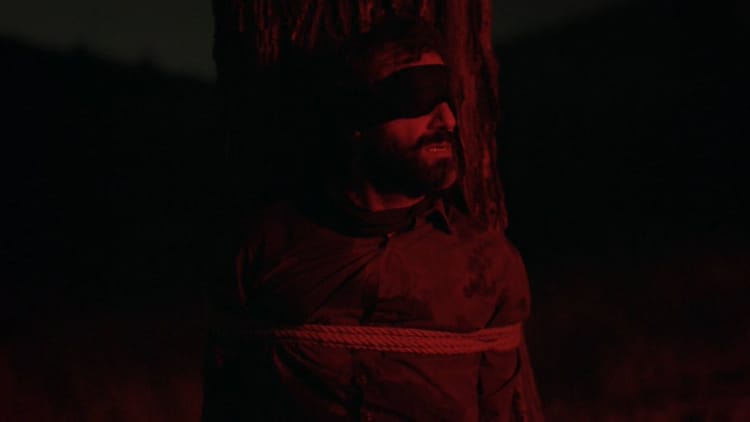
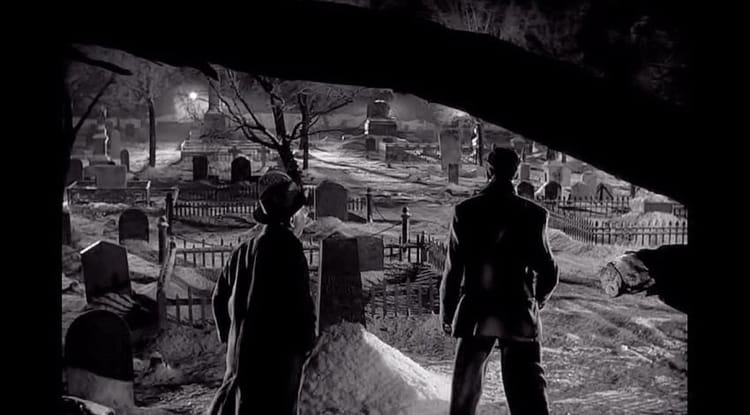
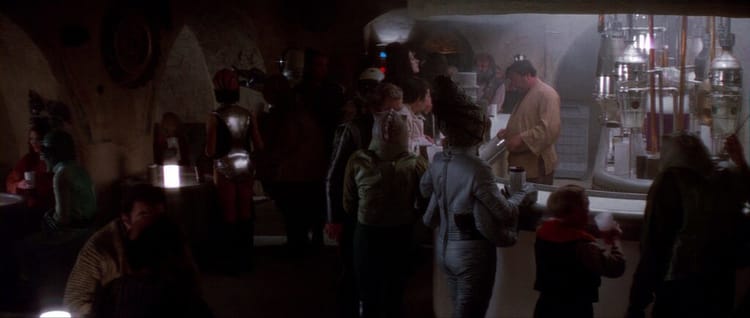
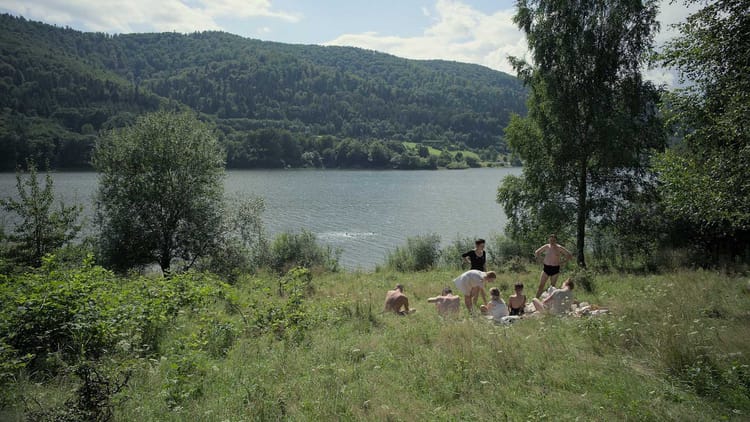
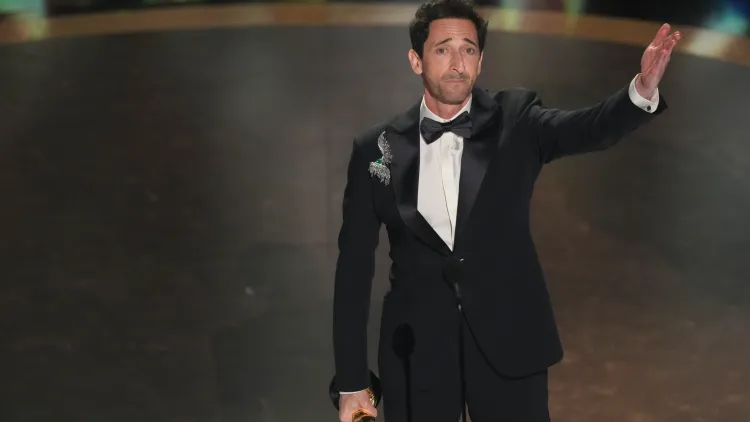
Member discussion